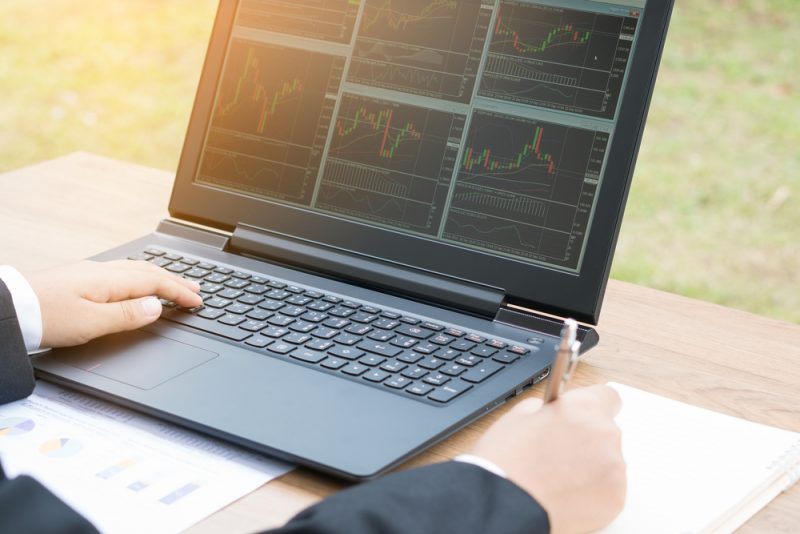Day trading can be a dangerous game, but it doesn’t have to be. The decisions that you make as a day trader make all the difference: will you be a reckless amateur who joins the growing ranks of people who gambled away their savings, or will you be a savvy day trader who makes a steady income from carefully considered trades?
To end up on the right side of the day-trading coin, you need to be very careful about what you do — and even more careful about what you do not do. Here’s what you need to know about responsible day trading.
What responsible day traders do
Responsible day traders know exactly where all of their money is, and they allocate it properly. That means that they start day trading with enough capital — you’ll need more than $25,000 to get started — but they haven’t had to sacrifice their retirement funds or emergency funds to get there. Responsible day traders keep their other savings in safer places, insulating them as much as possible from potential losses in their day trading accounts.
The best day traders always have the information they need at their fingertips. It’s worth taking the time to set up other monitors and keep charts open whenever you trade — you don’t want to be scrambling to find your currency strength indicator charts and calculations while you have a vulnerable open position!
Responsible day traders lean heavily on their proven strategies. They research and test their strategies extensively before they start risking real money (testing strategies is easy to do affordably using stock market simulators), and then they use those strategies — not their emotions or instincts — to determine every move that they make.
The best day traders behave almost like robots as they make their moves. Everything stays calm and collected, and they make moves based strictly on the rules that they themselves evaluated and determined would work.
What responsible day traders never do
When you’re a day trader, you get by on your own wits and talents. That can be intoxicating, and potentially risky. If you go out on a limb and get reckless, you could pay for it dearly. That’s why responsible day traders are careful to avoid the pitfalls and traps that so many other traders fall for.
The best day traders know that some risks aren’t worth the reward, no matter how sweet that reward might be. They are careful with their long-term savings and do not gamble with their retirement funds in their day trading accounts. They steer clear of penny stocks and other highly volatile investments. Day traders do take on more risk than casual investors as a matter of course, but you need to be very mindful of how much and what sort of risk you are dealing with.
Good day traders carve out their work hours carefully. When they’re working, they’re really working: they never walk away from their screen with an open position, and they never crack open a beer before they’ve logged out for the day. Save your trips to the liquor store for after hours, and trade carefully, dead sober, and with full attention.
With that said, responsible day traders never work too much. They understand the power of burnout and how it can make them worse at their job — and being bad at day trading will cost you a lot of money very quickly. You won’t catch great day traders working beyond the point of exhaustion, and neither should you. It’s okay to talk about how stressful and exhausting day trading is (it is!), but don’t assume that burning out is just part of the job description.


I read your content. Very nice. Your content is very informative. The content you are writing about the day of a trader is very important. If you want to know more about day trading visit my website that works like yours. My website is: tradeproacademy (dot) com